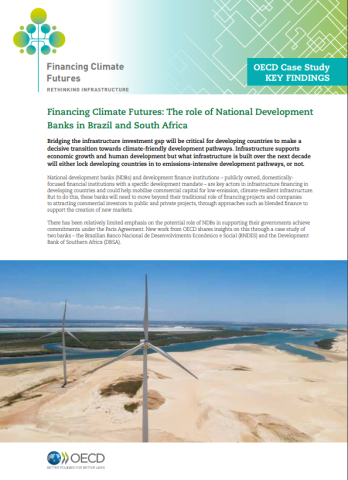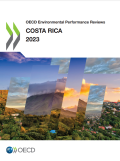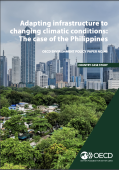
There has been a relatively limited emphasis on the potential role of NDBs in supporting their governments to achieve commitments under the Paris Agreement. New work from Organisation for Economic Co-operation and Development (OECD) shares insights on this through a case study of two banks – the Brazilian Banco Nacional de Desenvolvimento Econômico e Social (BNDES) and the Development Bank of Southern Africa (DBSA).
National development banks (NDBs) and development finance institutions – publicly owned, domestically-focused financial institutions with a specific development mandate – are key actors in infrastructure financing in developing countries and could help mobilise commercial capital for low-emission, climate-resilient infrastructure. But to do this, these banks will need to move beyond their traditional role of financing projects and companies to attracting commercial investors to public and private projects, through approaches such as blended finance to support the creation of new markets.
This study presents the relevance of these banks for sustainable development and the value-added by these institutions.




